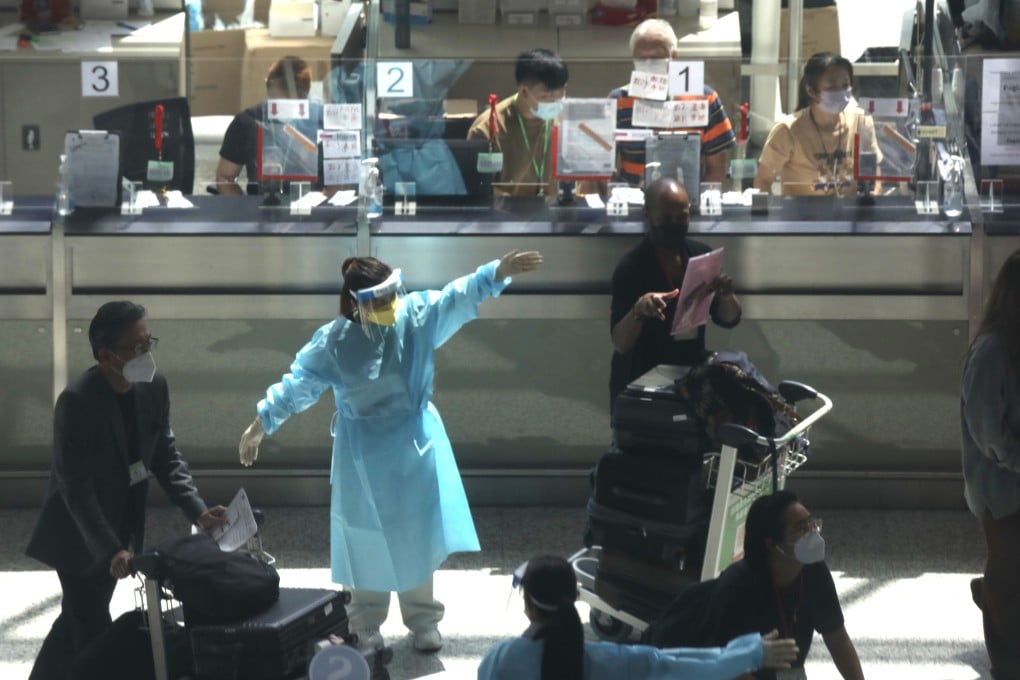Opinion | Is Hong Kong’s strict quarantine and zero-Covid policy sustainable?
- Should Hong Kong continue a policy that protects the wilfully unvaccinated at high cost to personal freedoms and the economy?
- Should we put the onus on vaccine holdouts to protect themselves? For now, Hong Kong continues to put public health first

My recent trip to the US has highlighted the divisions that Covid-19 has sown in societies around the world – masked vs unmasked, vaccinated vs unvaccinated, traveller vs non-traveller, have vs have-not.
Mask wearing in the United States has been politicised and is practised roughly along party lines. According to USA Today, 12 states with Democratic governors have imposed mask mandates in schools, while nine states with Republican governors have banned mask mandates.
Luckily, mask wearing has not been controversial in Hong Kong and most of Asia. However, the recent tightening of travel quarantine restrictions has divided Hong Kong into two camps.
This was driven by some government data which showed that 11.5 per cent of Covid-19 cases of fully vaccinated travellers were not detected within seven days.
On the other hand, businesspeople, expats and locals with any type of overseas connection are angry and frustrated with the changing rules. Gone is the ability to go on a short trip to see a client, discuss a business deal in person, or visit family overseas without onerous quarantine upon return to Hong Kong.
